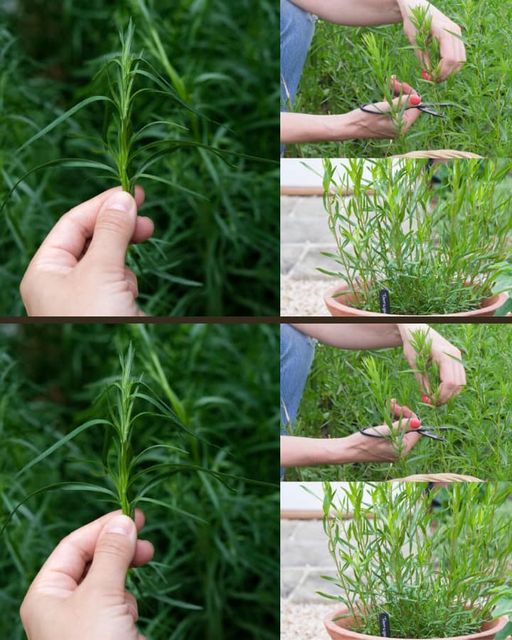ADVERTISEMENT
Tarragon (Artemesia dracunculus L.) is a green herb commonly used in cooking and herbal remedies. Called the “King of the Herbs” by the French, you probably know tarragon best for its culinary use. Most people use this herb to provide flavor and aroma in cooking. However, some promote its medicinal purposes. Although research has investigated the potential health benefits of tarragon, the evidence is limited.

Many of the health studies were done on animals and not humans, so researchers cannot draw conclusions about its efficacy.
With that in mind, here are some ways tarragon could help with health maintenance.
What Is Tarragon?
Tarragon or Artemisia dracunculus has a long history of use as a spice and remedy. It’s a bushy aromatic herb of the Asteraceae family, and the plant is believed to be native to Siberia.
Two common forms include Russian and French tarragon. French tarragon is cultivated in Europe (mainly France and Spain) and North America.
The leaves are bright green with a flavor most similar to anise. In case you’re not familiar with anise, it has a licorice-like taste. This herb contains 0.3 percent to 1.0 percent essential oil, the principal component of which is methyl chavicol.
Tarragon Interesting Facts
Tarragon has been and continues to be used in many cultures both in the east and the west for food and medicine.
The fresh leaves are sometimes used in salads and to infuse vinegar. The latin name, Artemisia dracunculus, actually means “little dragon.”
This is mainly due to the spiny root structure of the plant.
The volatile oil from this herb is chemically identical to anise, which is why the flavors are so close.
The herb has been used for generations to treat various ailments by a wide range of peoples from indigenous Indians to medieval doctors.
Health Benefits
1. Improved Digestion
The oils in tarragon trigger the body’s natural digestive juices, making it an excellent digestive aid not only as an aperitif (which helps spark the appetite), but also to digest food properly.
It can assist the digestive process from beginning to end, starting with saliva excretion in the mouth to production of gastric juices in the stomach to peristaltic motion in the intestines.
Results showed these herbs “contribute to the intake of bioaccessible carotenoids,” which in turn improves digestive health.
Continued on next page
ADVERTISEMENT
